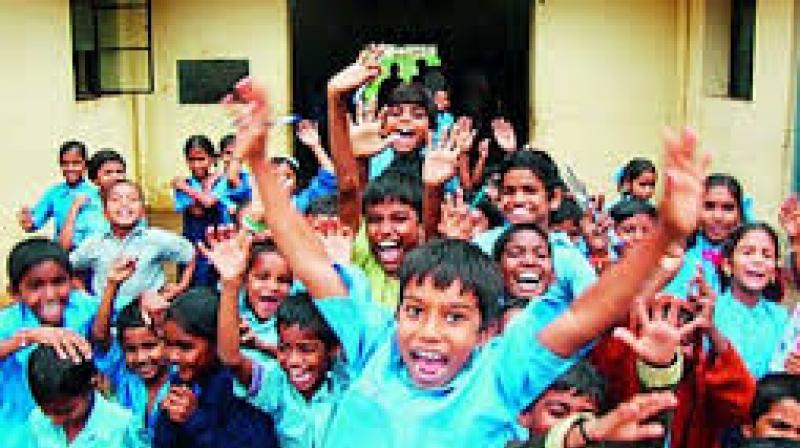Bengaluru: Maths a bugbear for students, says Study
Personalised digital learning Corroborating the same, Ms Sankaran, an IIM-B alumnus, said.;

Bengaluru: In what is dubbed as a ‘worrisome factor’ among school students, a recent study indicated that 40% of grade 6 students failed in decimal, fractions and ratios, which are prerequisites for algebra.
Experts said this later hampers their understanding of concepts better at high school.
The study conducted by edtech firm HeyMath also indicated that more than 50% students across all grades found word problems to be difficult, which indicates the importance of comprehension skills in primary years.
Elaborating on the significance of the study, Nirmala Sankaran, Co-founder of HeyMath told Deccan Chronicle that having a strong arithmetic foundation is critical as the transitions from grades 5 to 6 and 8 to 9 is important for each student. “The fear and aversion to Maths often begins when algebra is introduced and this almost always stems from a poor conceptual foundation in the primary years,” she said.
Mini K., a retired high school teacher who takes tuitions in the city, said it happens mostly because teachers at schools find it difficult to teach at a pace comfortable for all.
“In a class of 60, not many have the ability to understand concepts thoroughly while at school itself and it is often impractical for the teacher as well to give individual attention,” she said, adding that even home tuitions tend to be tedious for students nowadays.The fear that develops within them towards the subject turns critical as years pass, she added.
Personalised digital learning Corroborating the same, Ms Sankaran, an IIM-B alumnus, said, “When students carry forward learning deficiencies in Maths, it poses a hurdle to understanding new concepts, resulting in poor performance in school tests. Parental anxiety and peer pressure result in children going to after-school tuitions, but this need not necessarily resolve the issue. This is where the possibilities of personalised learning through digital vehicles can be used to the most to address learning gaps."
The study was conducted among 5,000 students from classes 5 to 9 pan India including cities such as Delhi, Chennai and Coimbatore, apart from Bengaluru.

